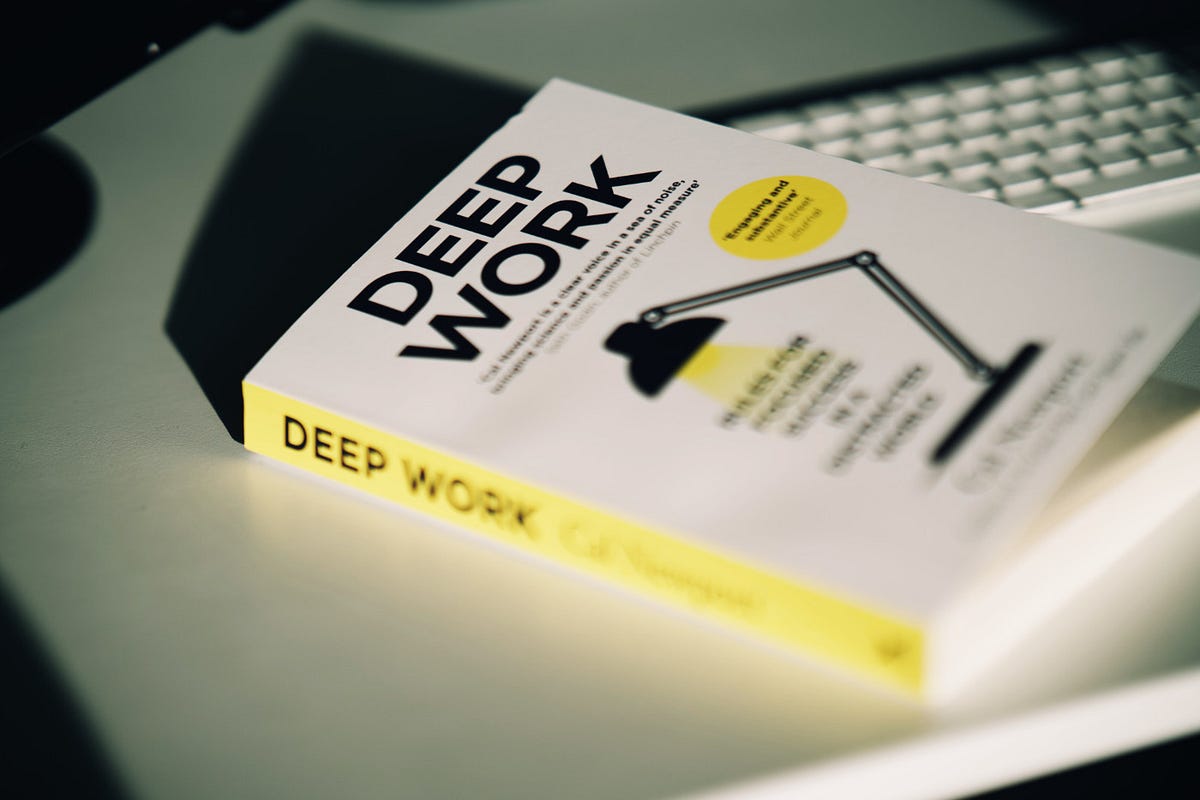Italian is not going well.
That’s my challenge for the month – learning Italian before my trip to Tuscany.
I’m practicing every day and I’m even taking lessons, but I’m struggling. Yes, language learning is difficult (very difficult), but the bigger problem is that I’m not giving it the attention and energy that it deserves. This seems to be the trend in recent months and I’m frustrated with myself.
Ok, so things have changed this past year. A baby. Two school pickups and drop offs instead of one. Multiple after school activities. I took on a freelance marketing gig. And of course there’s this blog which is really two projects in one – the monthly challenge part (aka learning Italian) and the writing of posts part, both of which I love.
Now I’m a pretty productive person. I can do all of these things every day, but it doesn’t mean that I’m doing them well.
That’s because life as a stay at home parent has become increasingly fragmented. I accomplish things in pockets of time. Thirty minutes here. Nurse the baby. Make lunch. Twenty minutes there. Drive to gymnastics. 45 minutes. Drive home.
It’s not easy for the brain to shift from task to task in such short bursts. I can’t write for 20 minutes and expect to fill all 20 minutes constructing well thought out, well written sentences. And once I do hit a groove, it’s time to power down and head off for the next activity. I’ve scrapped so many blog posts – posts that I’d invested hours on – because they just weren’t good. And I’ve given up on Italian too many times after 5 minutes because my brain was fried.
Herein lies the problem: I’m putting in the time and I’m doing the work, but I’m not getting to the deep work.
Deep work is what author Cal Newport says “is when you focus without distraction on a cognitively demanding task. You work on it as hard as your brain is capable for an extended amount of time without any distractions.” He goes onto say that in order to produce at your peak level, you need to give a single task your full concentration.
So when your day is chopped up and filled with distractions and to do’s like mine is, the quality of your output diminishes. No wonder it’s so tiring… and demotivating.
The quest to do more with less
The fragmented nature of my days is not about to dramatically change any time soon (I am doing a better job scheduling carpools, adding babysitting hours and batching my errands), so I need to find a way to improve my output within the same chunks of time.
Here’s what Newport recommends:
- Block out time to work on a single task. I might not have the recommended 90 minute stretch to work on a project, but whatever time I do have must be dedicated to only one thing.
- Get rid of distractions, and be ruthless about it. This includes checking email, social media, responding to texts and answering phone calls.
- Embrace boredom. A quick check of the iPhone seems harmless enough, but if we can train our brains to be comfortable with a little boredom, our ability to focus improves. We’re not giving ourselves an opportunity to shift our attention elsewhere.
- Prepare for “deep work”. What needs to happen for the brain to get focused as quickly as possible? In the same way that I plan my meals in advance, I can plan work sessions in a greater level of detail. For example, “I need to study Italian (or work on my blog post) this afternoon becomes I’m going to complete three Duolingo lessons (or compile my research into an outline) while the baby naps.” With the former statement, I waste time thinking about what to do and when, while with the latter, I have constraints that allow me to maximize time and preserve mental energy.
Keeping the mental fuel tank filled
I conclude where so many of my articles do, with a continued fascination with the formation of good habits. The better our habits, the less we have to force ourselves to do the things we should or want to do – eat well, work out, sleep, meditate, write, single task, practice piano, etc. We save our supply of willpower for more important activities.
And as we all know, when our mental reserves our strong, we’re nicer, more patient, productive and effective. We can tune out distractions, concentrate on a task, deal with boredom, and make better decisions. Maybe we’d even end the day with energy left in the tank to do things that we find meaningful or interesting. Like learning how to speak Italian.















